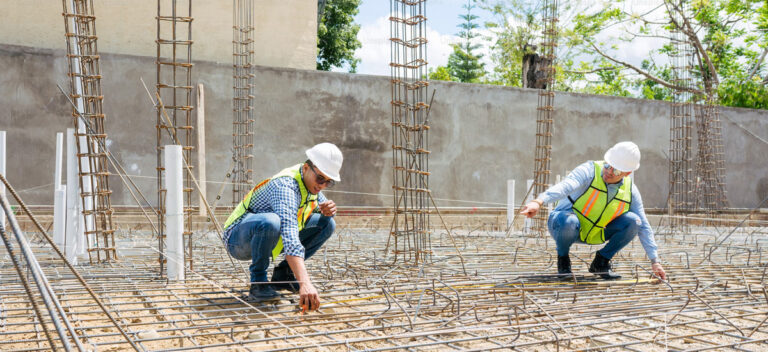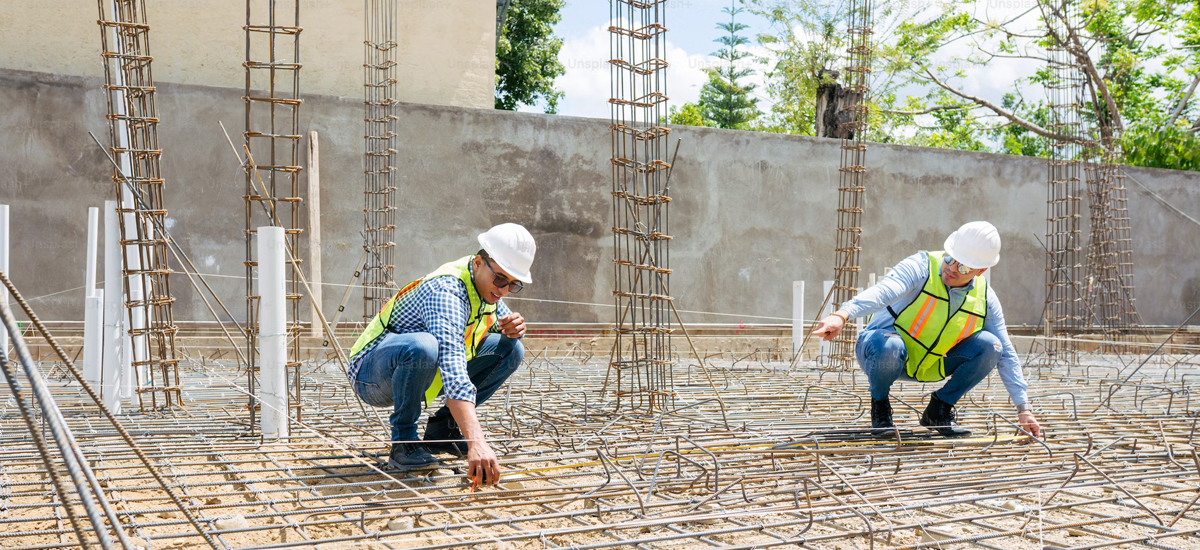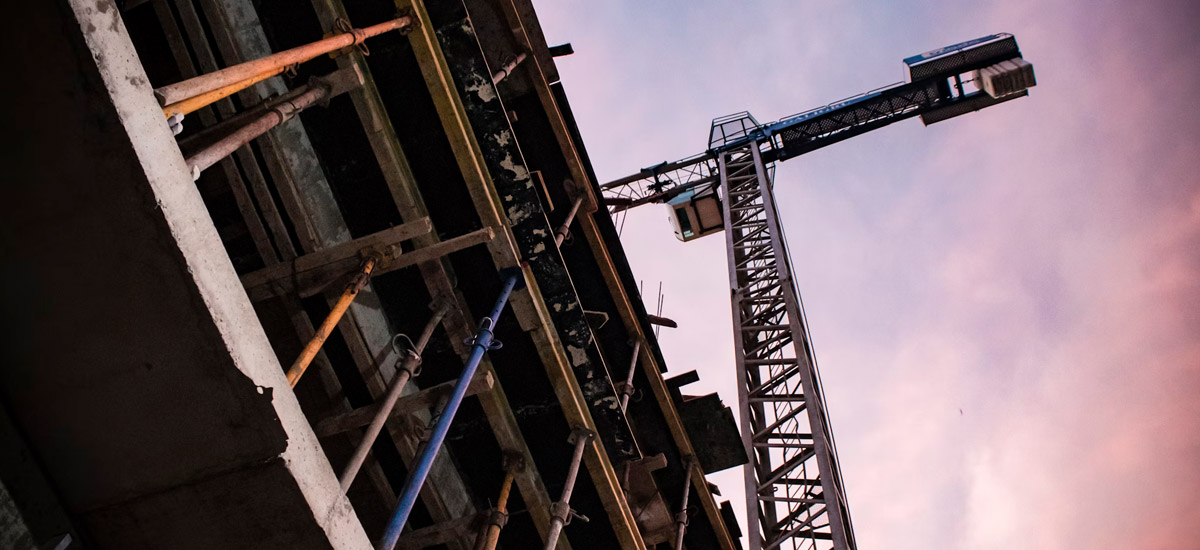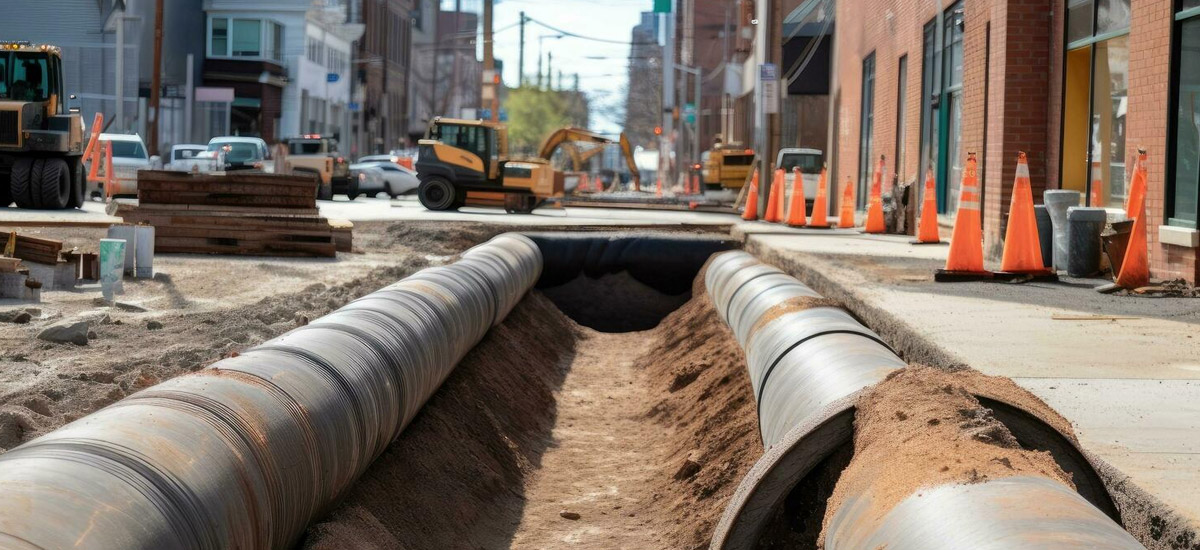In the realm of construction, where every project stands as a testament to innovation and collaboration, the shadows of uncertainty and risk linger. Enter surety bonds, a robust safeguard that fortifies projects, fosters trust, and empowers both contractors and project owners.
This comprehensive article delves into the intricacies of construction surety bonds, from their foundational essence to their diverse forms, applications, and pivotal role in ensuring seamless project execution.
Construction Surety Bonds as a Foundation of Assurance
Construction bonds lay the groundwork for a standardization of collaboration between contractors, project owners, and surety companies.
These bonds establish a tripartite commitment that binds the principal (contractor), the obligee (project owner), and the surety (bonding company). This powerful alliance ensures that the principal fulfills their contractual obligations, and should any impediments arise, the surety steps in to mitigate financial risks and uphold the project’s integrity. In essence, surety bonds form an unwavering pillar of risk mitigation and assurance.
Unveiling Different Types of Bonds in Construction

Surety bonds offer an array of solutions tailored to the nuanced demands of the construction landscape and the assurances these guarantees provide. Our exploration traverses multiple phases of a project, embracing both the tender phase and the contract phase where project execution occurs.
Tender Phase Bonds:
- Bid Bonds: As the curtain rises on project bidding, bid bonds take center stage. These bonds assure project owners that the winning contractor not only secures the contract, but will continue with their tendered price and not change pricing or decide they will no longer be doing the awarded contract.
- Consent of Surety / Agreement to Bond: Often issued alongside a bid bond, the consent of surety preludes commitment. It signifies the surety’s readiness to furnish the necessary final bonds upon the contractor’s successful bid proposal.
Final Bonds:
Performance Bonds: These bonds are the most common contract bonds and serve as a contractual guarantee that the contractor adheres to project specifications and fulfills their obligations and performance on a specific job.
Labour and Material Payment Bonds: Amid a flurry of activity on construction projects, labour and material payment bonds ensure subcontractors, suppliers, and laborers receive timely compensation, fostering a harmonious project environment. Subs can feel confident jumping into a project knowing an L&M Bond is in place.
Maintenance Bonds: As a project reaches completion, maintenance bonds step onto the stage. They pledge the contractor’s commitment to rectifying post-completion deficiencies during the maintenance / warranty period. This is commonly 1 or 2 years, but these bonds are somewhat rare due to the fact that perf. bonds often include a maintenance term in their standard wordings.
Lien Bonds: In the Canadian context, lien bonds offer protection from a project being delayed due to potential liens. This is particularly relevant when contractors collaborate with municipalities. These bonds prevent the a project stopping due to the filing of liens by subcontractors or suppliers for unpaid services or materials. The idea being that these disputes are not legitimate in the eyes of the principal contractor.
License & Permit Bonds:
Electrical Contractor Bonds: Tailored for professionals in the electrical field, this bond assures compliance with industry regulations, safety standards, and ethical practices. It symbolizes a dedication to safeguarding public welfare and property while upholding the elevated standards expected of electrical contractors.
Gas Contractor Bonds: Parallel to the Electrical Contractor Bond, the Gas Contractor Bond secures professionals working in the mechanical contracting sector. This bond underscores adherence to rigorous industry protocols, ensuring the safe and responsible handling of gas-related projects. Mechanical contractors with this bond display their commitment to both safety and excellence, while meeting the requirements of local safety authorities such as Technical Safety BC and Technical Safety SK.
- Other License Bonds: As the industry and its regulations continue to be updated and evolve, we’re prepared with our reliable underwriters to issue and bond security that may be needed across all construction sectors.
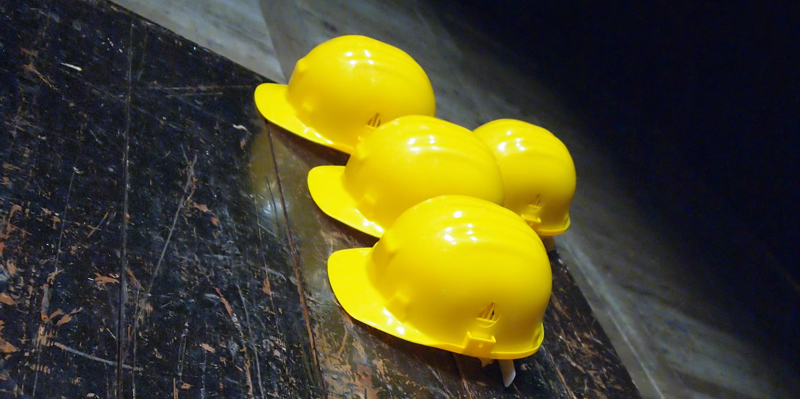
Leveraging Bonding Across Construction Sectors
Bonding can be leveraged in almost every sector of the construction industry. Here’s a list to get you started on understanding how far these financial instruments can reach:
- Bridge Builders
- Civil Contractors
- Drywall Contractors
- Electricians
- Excavators
- General Contractors
- Glass & Door Contractors
- Highrise Developers
- Landscapers
- Mechanical Contractors
- Pavers
- Plumbers & HVAC Contractors
- Restoration Contractors
- Road Builders
- Roofers
- Subdivision Developers
- Waste Management Contractors
- and many more!
The resonance of surety bonds reverberates across the different roles within the construction realm as well, enhancing their significance:
Contractors: Surety bonds serve as a key, unlocking opportunities for contractors by bolstering credibility and facilitating access to a wide range of projects, especially in the civil / public sector.
Project Owners: Requiring surety bonds as a part of project management creates a secure environment for owners and developers to promote a safeguard on funds management. It also ensures projects reach fruition within stipulated timelines and to the set contractual standards.
Subcontractors and Suppliers: Subcontractors leverage surety bonds to establish credibility, paving the way for collaborative partnerships and associations. L&M Bonds can also protect subs and suppliers for outstanding payments from a prime contractor should they default and be unable to fulfill financial obligations on a bonded project.
Navigating Roles: Bond Providers and Bond Seekers
The pivotal decision to provide or request bonds stems from one’s role in the construction narrative. Contractors furnish bonds to secure contracts, while project owners safeguard the adequate completion of their pursuits by mandating bonds, fostering a secure project ecosystem.
There are also multiple levels / tiers to bonding contracts. For example, a prime contractor may need to provide bonds to a project owner; that prime contractor could then request subcontractors to provide bonds to them in order to ensure they are adequately protected from any of the subs defaulting.
What the Construction Bond Application Process Looks Like
Acquiring surety bonds entails navigating a comprehensive qualification process that encompasses several dimensions:
Financial Evaluation: Surety companies scrutinize contractor financial statements, credit history, and liquidity to gauge financial capability.
Showcasing Expertise: Demonstrating a track record of expertise and proficiency showcases a contractor’s ability to excel in various projects.
Workload Assessment: Balancing existing commitments with new undertakings forms a pivotal evaluation criterion for sureties.
You can review a more complete look at what is takes to be bondable here.
Surety bonds find their home within a kind of ‘subscription’ called bond facility—a long term relationship between the applying contractor and a surety company. This strategic alliance streamlines the process of obtaining surety bonds, enhancing efficiency and effectiveness.
As your surety bond broker, we’re responsible for arranging a facility with your best interests in mind. The highest bond capacity, the lowest rates, and the strongest financial support from a top underwriter is our goal for your business.
Get in touch with a construction bond expert to guide you through the process
The Cost of Security & Surety Bond Broker's Role
Establishing a bond facility carries an approximate cost of $3,000. For standardized CCDC bonds, allocating 1% to 1.5% of the contract value as bond costs ensures your bid / tender will encompass the financial obligation to place standardized 50% Performance and 50% Labour & Material Payment Bonds if needed.
For example, once a bond facility is setup – you are awarded a $1,000,000 contract (including GST). The costs of these bonds would be between $10,000 and $15,000 depending on underwriting specifics and being dependent on specific bond wordings as well as other information.
In the realm of surety bonds, it’s extremely helpful to have a broker on your side as a guiding light to facilitate seamless communication between surety companies and the construction professionals leveraging bonds. Don’t hesitate to contact us should you have any questions regarding bonding or would like to learn more.
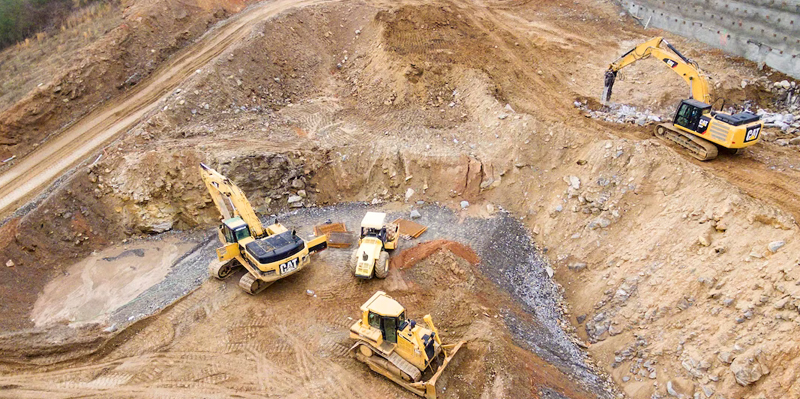
Empowering the Industry with Bonds in Construction
As we conclude our exploration of construction surety bonds, their essence reverberates as a testament to reliability, a symbol of trust, and a cornerstone of success. Beyond contracts and legal agreements, these bonds weave a tapestry of financial stability and commitment that supports the construction ecosystem with a third party guarantee.
Surety bonds, steadfast and unwavering, elevate the industry, nurturing the growth of projects and fostering a resilient landscape. Equipped with an understanding of construction surety bonds, contractors, project owners, and construction professionals embark on a path towards fortified partnerships, successful projects, and a thriving construction vista.



